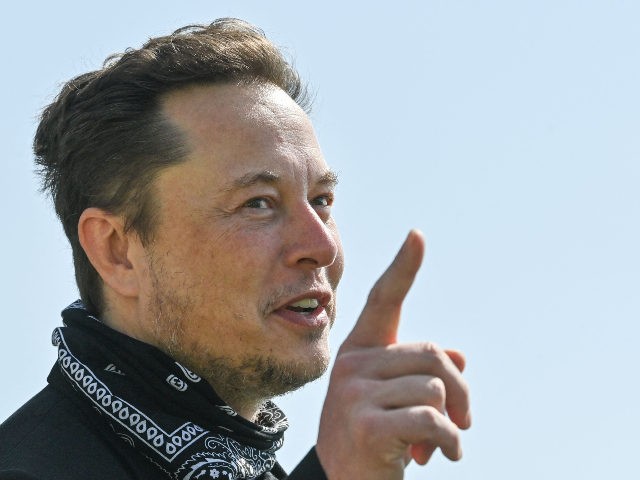Elon Musk has been told that Twitter must conform to a more censorious vision of the internet and continue to combat “digital hate” by London mayor Sadiq Khan and EU Commissioner Thierry Breton.
Following the Tesla billionaire’s official acquisition of social media giant Twitter this week, figures in Europe have already begun demanding that Elon Musk adheres to their anti-free speech agenda.
Mayor Sadiq Khan, who during his tenure in office has spearheaded efforts to criminalise more speech in the British capital rather than spending his time dealing with the actual violent crime plaguing the city, demanded that Mr Musk continue the Silicon Valley social media site’s policy of combatting “digital hate”.
Khan said that while Twitter offers many benefits to society, Musk should be cognisant that the “growing dangers of digitally-instigated violent extremism, racism, xenophobia, misogyny and misinformation are very real, and pose an existential threat to our democracy.”
“We cannot allow children growing up today to be exposed to the vile [and] violent ideologies of some users,” the London mayor said, adding that “any decision about allowing suspended users to return must be taken incredibly carefully & in direct consultation with experts in countering digital hate [and] misinformation.”
Turning to the subject of the suspended account of Donald Trump, whom he had several public spats with, Mr Khan demanded that if he is allowed back on the platform it “should hold him accountable [with] clear and robust rules that the former President must sign up to—and those rules must be enforced.”
Across the Channel in Continental Europe, EU Commissioner for the Internal Market Thierry Breton offered a veiled threat to the new Twitter boss, warning that the site will still need to conform to the bloc’s limits on speech.
In response to a post from Musk saying that the “bird is freed” in reference to the Twitter logo, Breton said: “In Europe, the bird will fly by our rules.”
The French eurocrat has led efforts to introduce the Digital Services Act (DSA) in the EU, which will require that social media platforms moderate “hate speech” or other “harmful” content as well as so-called “disinformation”.
Those that fall afoul of the regulations could face fines of up to six per cent of their global revenue.
In a meeting with Breton earlier this year at his Tesla factory in Austin, Texas, Mr Musk said that the EU internet regulations were “exactly aligned with my thinking,” suggesting that the site may remain restricted in countries that do not have First Amendment protections, such as member-states of the EU.
On Friday, Musk said that he has made no changes as of yet to Twitter’s moderation policies and that the site would only be updated after a meeting of a newly formed “content moderation council with widely diverse viewpoints”.
Follow Kurt Zindulka on Twitter here @KurtZindulka

COMMENTS
Please let us know if you're having issues with commenting.